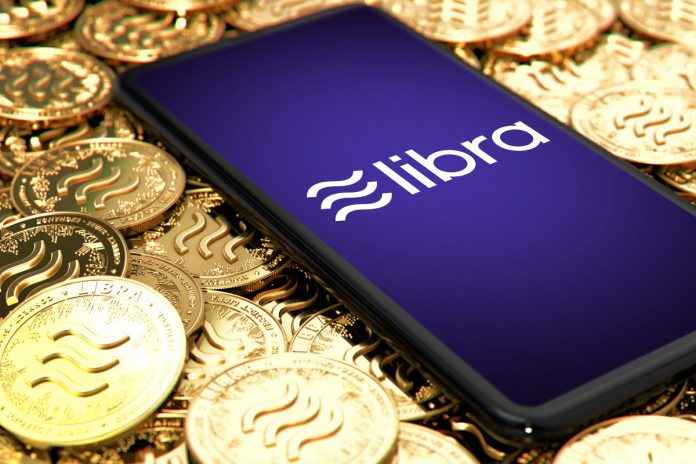The Libra Association has taken its first formal steps in its journey, with the founding 21 members agreeing and signing an official charter.
All companies settled on the members of the Libra Association council, elected the board of directors, and appointed its executive team.
This follows a disastrous week for the project following withdrawals from major payment firms including Visa, Mastercard and PayPal, who initiated the mass exodus.
The announcement stated: “The Association is eager to pursue its mission of building a better payment network, broadening access to essential financial services, and lowering costs for billions of people who need it the most.
“As an association, members will continue critical work with applicable regulators around the world, begin the important process of standing up a governance and policy structure and create a transparent membership criteria and admissions process that will be applied in a uniform and non-discriminatory manner to begin welcoming the first wave of new members.”
The meeting included representatives from the following organisations, who have now signed onto the Libra Association charter:
Anchorage, Mercy Corps, Andreessen Horowitz, PayU, Bison Trails Co., Ribbit Capital, Breakthrough Initiatives, Spotify, ABCalibra, Inc., Thrive Capital, Coinbase, Uber Technologies, Creative Destruction Lab, Union Square Ventures, Farfetch UK Limited, Vodafone, IliadWomen’s World Banking, Kiva Microfunds, Xapo Holdings, and Lyft.
Signing the charter means these firms will now become founding members of the Libra Council – the body responsible for the governance of the Libra Association.
The council’s first actions saw the appointment of a board of directors:
- Matthew Davie (Kiva Microfunds)
- Patrick Ellis (PayU)
- Katie Haun (Andreessen Horowitz)
- David Marcus (Calibra)
- Wences Casares (Xapo Holdings Limited).
The board then voted on the initial Libra Association staff regime:
- Bertrand Perez, Chief Operating Officer and Interim Managing Director
- Dante Disparte, Head of Policy and Communications
- Kurt Hemecker, Head of Business Development
In the announcement, it was claimed that Libra witnessed over 1,500 entities indicate interested in joining the project but despite the strong interest the digital currency still faces incredible regulatory pressure.
Earlier this year, the United States House of Representatives Committee on Financial Services requested Facebook and its partners to stop all developments on the project.
Governor of the US Federal Reserve’s Board Lael Brainard said all the scrutiny “should be no surprise” due to its possible global impact.
She elaborated: “We have seen the growth of massive payments networks on existing digital platforms, such as Alibaba and WeChat, and the issuance of stablecoins on a smaller scale, such as Tether, Gemini, and Paxos.
“What sets Facebook’s Libra apart is the combination of an active-user network representing more than a third of the global population with the issuance of a private digital currency opaquely tied to a basket of sovereign currencies.
“Libra, and indeed any stablecoin project with global scale and scope, must address a core set of legal and regulatory challenges before it can facilitate a first payment.”
























